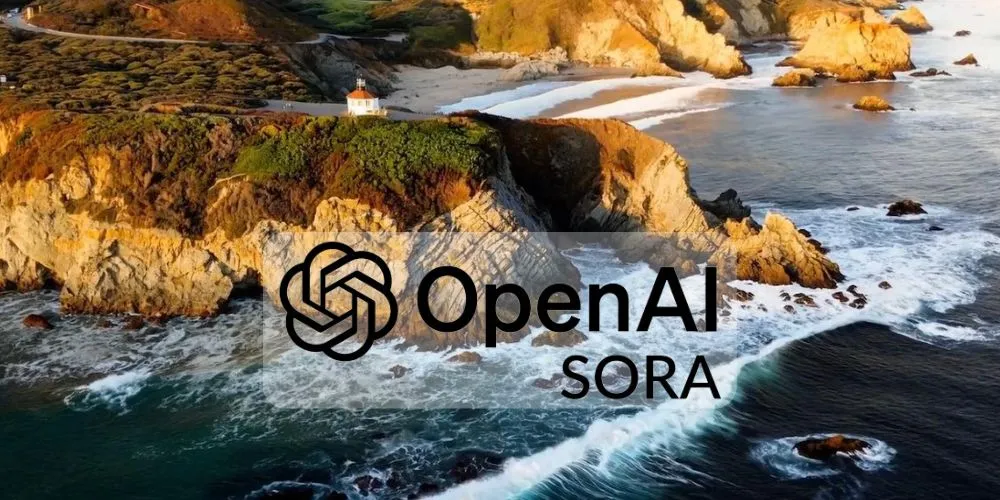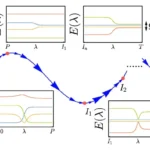Key Points:
- OpenAI announces the upcoming release of Sora, an AI tool capable of generating videos, to the public later this year.
- Despite its impressive capabilities, Sora is still undergoing testing and requires optimization for fluidity and resource efficiency.
- OpenAI plans to implement restrictions to prevent generating harmful or inappropriate content, including violence and hate speech.
- The launch of Sora amidst significant events like the U.S. presidential election campaign underscores the importance of preventing misuse and disinformation.
OpenAI, the pioneering artificial intelligence research organization, is gearing up to unveil its latest innovation, Sora, a cutting-edge AI tool capable of generating videos. Following the success of ChatGPT for text and Dall-E for images, OpenAI’s foray into video generation marks another milestone in the realm of AI technology.
Sora made waves last month when OpenAI introduced it as a revolutionary video-generating AI. With just a few words as input, Sora can produce video sequences spanning several seconds, depicting landscapes, animals, or human subjects. While visually striking, it’s essential to note that none of the generated images are real.
In a recent interview with the Wall Street Journal, Mira Murati, a spokesperson for OpenAI, revealed that Sora would be available to the public by the end of 2024. However, specific details regarding subscription models or the exact launch date were not disclosed. Despite its impressive capabilities, Sora is still undergoing refinement to address certain limitations.
Issues such as fluidity and accurate portrayal of cause-and-effect relationships need improvement. For instance, Sora may depict a person biting into a cookie, but the subsequent image may lack bite marks on the cookie. Additionally, optimizing Sora to minimize resource consumption is a priority before its public release.
OpenAI is also implementing safeguards and restrictions to ensure the responsible use of Sora. The tool will reject requests for violent or hateful content and will not generate images containing sexual or celebrity-related material. These measures are crucial in addressing ethical concerns surrounding the proliferation of AI-generated content, particularly amid the prevalence of fake news and disinformation.
As Sora’s launch coincides with significant events such as the American presidential election campaign, OpenAI is acutely aware of the need to prevent misuse of its technology. Integrating safeguards to mitigate the risk of Sora being exploited for nefarious purposes is paramount.





